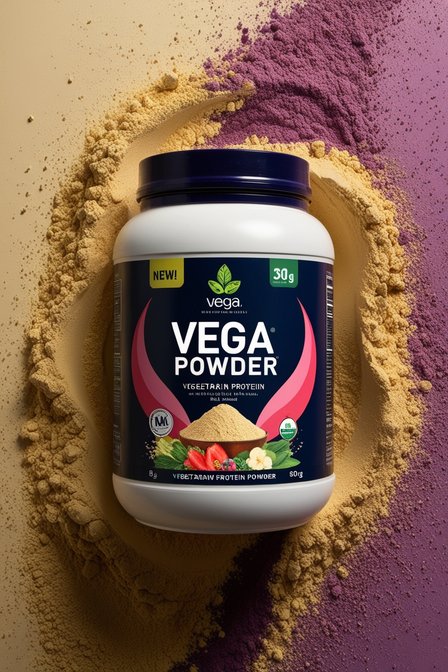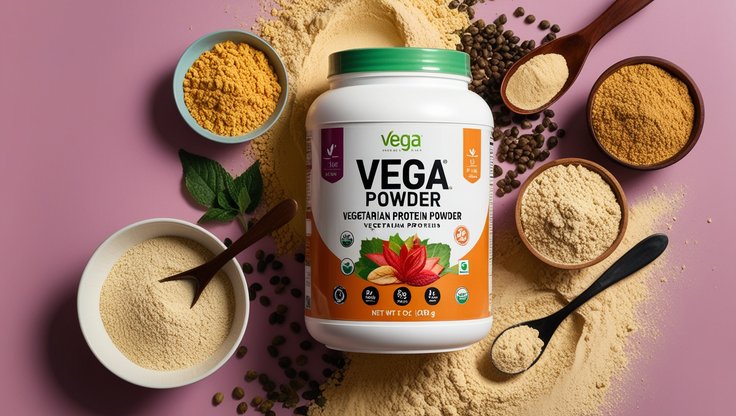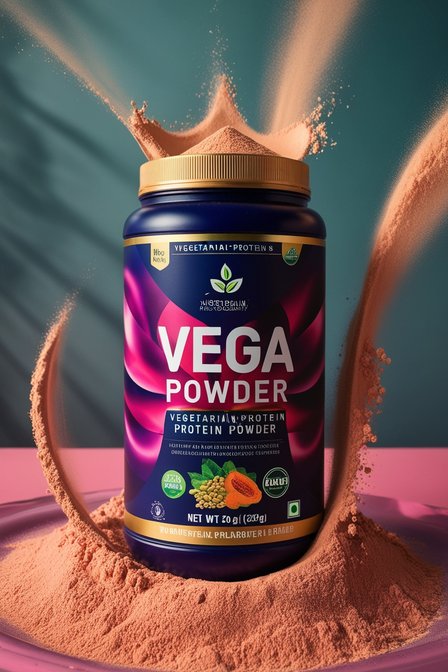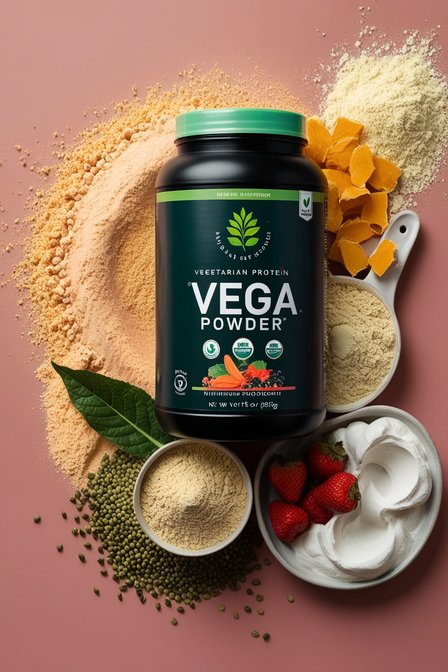The Rise of Vegan Butter: A New Era in Plant-Based Alternatives
Introduction to Vegan Butter
Vegan butter, once a niche product in health food stores, has now made its way into mainstream supermarkets and kitchens around the world. As more people adopt plant-based diets for health, environmental, or ethical reasons, the demand for high-quality vegan alternatives has surged. Vegan butter, with its versatile use and comparable taste to dairy butter, stands at the forefront of this culinary revolution.
The History of Vegan Butter
The concept of vegan butter dates back several decades, with early versions being simple combinations of vegetable oils and water. However, these initial attempts often lacked the rich flavor and creamy texture of traditional butter. As technology and consumer interest grew, so did the sophistication of vegan butter. Today, it is crafted using a variety of plant-based ingredients that mimic the properties of dairy butter, offering a compelling alternative for those looking to eliminate animal products from their diet.
Ingredients and Production
Modern vegan butter is made from a blend of plant oils, such as coconut, palm, olive, and canola oils, which are chosen for their specific properties. Coconut oil provides a solid structure at room temperature, while palm oil contributes to a creamy texture. Olive and canola oils are often added for their neutral flavors and health benefits. These oils are emulsified with water, and sometimes additional ingredients like soy lecithin or sunflower lecithin are added to ensure a smooth, cohesive mixture.
The production process involves blending these oils with water and other emulsifiers, then chilling the mixture to achieve the desired consistency. Some brands may incorporate natural flavors, salt, and colorants to more closely replicate the taste and appearance of dairy butter. This meticulous crafting process results in a product that spreads easily, melts beautifully, and enhances the flavor of dishes just like traditional butter.
Health Benefits of Vegan Butter
One of the primary motivations for choosing vegan butter is its health benefits. Traditional dairy butter is high in saturated fats, which have been linked to heart disease and other health issues. Vegan butter, on the other hand, can be made with healthier fats that provide essential fatty acids and have lower levels of saturated fat. For instance, olive oil and canola oil, commonly used in vegan butter, are known for their heart-healthy monounsaturated fats.
Additionally, vegan butter is cholesterol-free, making it a better option for individuals managing cholesterol levels. Many vegan butter varieties are also fortified with vitamins like B12 and D, which can be lacking in a plant-based diet. This makes vegan butter not only a tasty alternative but also a nutritionally advantageous choice.
Environmental Impact
The production of vegan butter has a significantly lower environmental impact compared to dairy butter. Dairy farming is resource-intensive, requiring vast amounts of water, land, and feed for cattle, and it contributes substantially to greenhouse gas emissions. In contrast, the plant oils used in vegan butter require fewer resources to produce and generate less environmental waste.
Moreover, opting for vegan butter supports the reduction of animal agriculture, which is a major driver of deforestation and habitat destruction. By choosing plant-based alternatives, consumers can play a part in mitigating climate change and preserving biodiversity.
Ethical Considerations
For many, the ethical implications of consuming dairy products are a compelling reason to switch to vegan butter. Dairy farming practices often involve the confinement of animals, and the separation of calves from their mothers shortly after birth, which raises significant animal welfare concerns. Vegan butter offers a cruelty-free option that aligns with the values of compassion and respect for all living beings.
Culinary Uses of Vegan Butter
Vegan butter has become a staple in the kitchens of both professional chefs and home cooks. Its versatility makes it suitable for a wide range of culinary applications. Whether you're baking a batch of cookies, sautéing vegetables, or spreading it on toast, vegan butter performs admirably.
In baking, vegan butter can be substituted one-for-one with dairy butter in most recipes, producing baked goods with the same tender crumb and rich flavor. For cooking, it provides a smooth and creamy base for sauces, and its high smoke point makes it ideal for frying and roasting. The subtle flavor of vegan butter can enhance both sweet and savory dishes without overpowering the other ingredients.
Innovations in Vegan Butter
The evolution of vegan butter has been marked by continuous innovation. Food scientists and culinary experts are constantly exploring new ingredients and techniques to improve the taste, texture, and nutritional profile of vegan butter. Recent advancements include the use of cultured plant-based ingredients to replicate the tangy flavor of traditional butter, and the incorporation of new emulsifiers and stabilizers to enhance its performance in various culinary applications.
Some brands are experimenting with fermentation processes similar to those used in dairy production, which can produce more complex flavors and improve the overall mouthfeel of vegan butter. These innovations are helping to close the gap between vegan and dairy butter, making plant-based alternatives more appealing to a broader audience.
The Future of Vegan Butter
As consumer demand for plant-based products continues to rise, the future of vegan butter looks promising. Increased investment in research and development is likely to lead to even better products, with improved taste, texture, and nutritional benefits. The market is also expected to expand, with more brands and varieties becoming available, giving consumers a wider range of choices.
In addition to catering to vegan and vegetarian consumers, vegan butter is gaining popularity among those who are lactose intolerant or allergic to dairy. Its appeal also extends to environmentally conscious individuals and those seeking to reduce their intake of animal products for health reasons. With these diverse consumer bases, vegan butter is well-positioned to become a mainstream staple.
Conclusion
Vegan butter has come a long way from its humble beginnings. Today, it stands as a testament to the possibilities of plant-based innovation, offering a product that is not only delicious and versatile but also aligns with the values of health, environmental sustainability, and animal welfare. As more people discover the benefits of vegan butter, its presence in kitchens around the world is set to grow, heralding a new era in the culinary arts.
Whether you are a seasoned vegan, a health-conscious eater, or simply someone curious about plant-based options, vegan butter provides an excellent opportunity to explore the rich and rewarding world of vegan cuisine. Its rise reflects a broader shift towards more sustainable and compassionate food choices, marking a positive step forward for both our plates and our planet.



